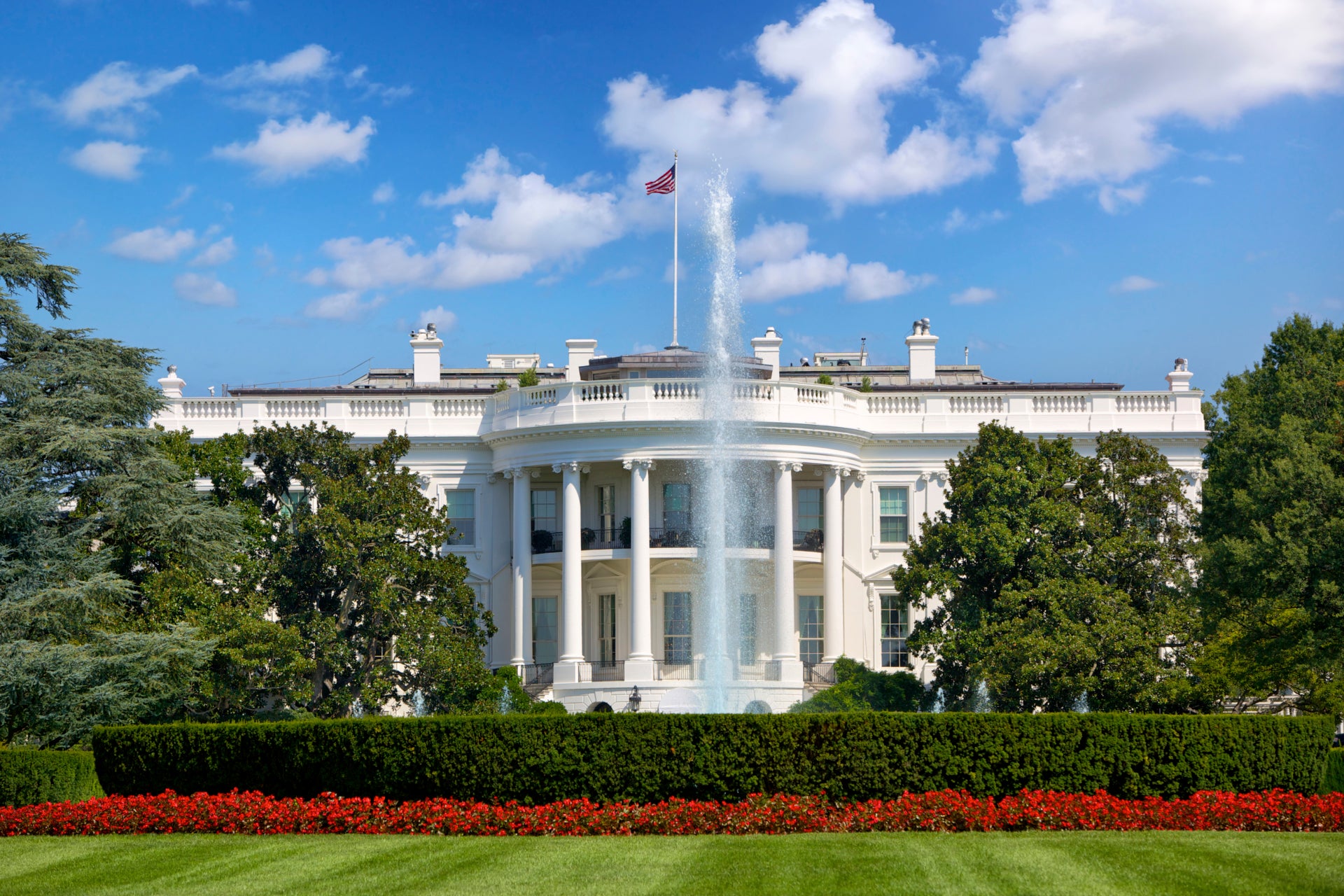When historian Doris Kearns Goodwin was deciding which leader to write her next book about, she found herself moving books out of her study — feeling pangs of regret, as if she was “leaving an old boyfriend behind.” So rather than focus on one, she confided to an audience at an Alma and Joseph Gildenhorn Book Talk, she took the American presidents she felt closest to (Abraham Lincoln, Teddy Roosevelt, Franklin Roosevelt, and Lyndon Johnson) and decided to look at them “exclusively through the lens of leadership.”
As a Pulitzer Prize-winning presidential biographer and presidential historian, Goodwin’s perspective is rooted in a career that spans over 50 years of study, research, analysis, and writing on American politics and the US presidency. In her conversation with Kitty Boone, Vice President for Public Programs and Executive Director of the Aspen Ideas Festival, Goodwin shared what makes great leaders. She identified a pattern of deeply individual moments of insight in the lives of the presidents. These moments, both public and personal, are usually hard-won and inform the quality of greatness in leadership. Among the most important leadership qualities drawn from life lessons, Goodwin told the audience, are empathy, resilience, listening skills, humility, and self-reflection.
On developing empathy, she said, it was Franklin Roosevelt’s polio that allowed him to be vulnerable when spending time with other victims while in rehabilitation. “He connected with people to whom fate had dealt an unkind hand in a deeper way than he had beforehand,” Goodwin said. On resilience, it was Teddy Roosevelt’s traumatic loss of his wife and mother on the same day that was to become a transformative experience, driving him first into an anguished depression, then to the Badlands where he worked as a cowboy, and then to a deeper awareness of nature, forging his dedication to conservation. That resilience, she explained, is what then allowed him to come “back to the East coast with a more mature ambition than he’d had when he was blustering around in the first part.”
At the Aspen Institute, Boone said, “[we] focus a lot on values and values-based leadership, and it seems that each of the presidents at their core came to their own sense of morality and I wanted to ask you where those sensibilities came from?”
Goodwin suggested Lincoln would say that his moral core was informed by America’s “original ideals.” Lincoln urged Americans to remember scenes of the American Revolution and not “forget the special country that we had which was built, not just on physical land but on a set of ideals.” Lincoln went so far as to urge mothers to read the history of the revolution to their children alongside the Bible.
Similarly, when Johnson grappled with the Civil Rights and Voting Rights bill, he framed the struggle in a historical, non-regional context that looked to America’s founding ideals: “At times history and fate meet at a single time in a single place to shape a turning point in man’s unending search for freedom,” Johnson said in a speech to Congress after civil rights marchers were brutally attacked by law enforcement in Selma. “So it was at Lexington and Concord. So it was a century ago at Appomattox. So it was last week in Selma, Alabama.“
When it comes to future leadership, Goodwin directed her words to visiting high school students in attendance, urging the next generation to get into politics “with a different set of goals than simply dividing the country the way our politicians have been doing as of late.”
It was Teddy Roosevelt, she pointed out, who said: “The rock of democracy will founder when people in different parties, regions, and religions and races think of each other as ‘the other’ rather than the common American citizen.”


